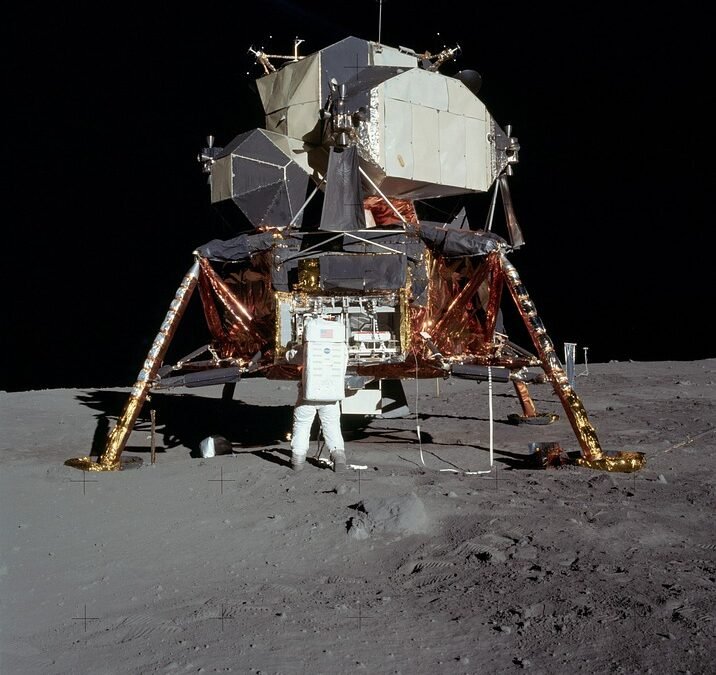Consciousness at a Cosmic Scale: Understanding Cosmopsychism
Introduction
Consciousness, the awareness of one’s own existence and surroundings, is a profound and complex phenomenon that has puzzled philosophers, scientists, and thinkers for centuries. While consciousness is often associated with individual living beings, there is a fascinating theory called cosmopsychism that suggests consciousness exists at a cosmic scale, permeating the entire universe. This article explores the concept of cosmopsychism and its implications for our understanding of consciousness.
What is Cosmopsychism?
Cosmopsychism is a philosophical theory that posits that the entire universe is imbued with consciousness. It suggests that consciousness is not solely a product of biological systems, such as the human brain, but rather a fundamental aspect of the cosmos itself. According to cosmopsychism, consciousness is present at every level of reality, from subatomic particles to galaxies, and even the universe as a whole.
This theory challenges the traditional notion that consciousness is exclusively associated with living organisms. It proposes that consciousness is an intrinsic property of the universe, much like space and time, rather than an emergent phenomenon that arises from complex neural networks.
Evidence and Arguments
While cosmopsychism is a speculative theory without concrete empirical evidence, proponents argue for its plausibility based on several philosophical and scientific perspectives.
One argument for cosmopsychism stems from the idea of panpsychism, which suggests that consciousness is a fundamental aspect of reality. If consciousness is considered a fundamental property of the universe, it becomes conceivable that it exists at all levels of existence, from the smallest particles to the largest celestial bodies.
Another argument draws inspiration from the principles of emergence and reductionism. If consciousness can arise as a result of complex interactions within biological systems, it is reasonable to extrapolate that consciousness can emerge from the intricate dynamics of the universe as a whole.
Additionally, some proponents of cosmopsychism point to the observed interconnectedness and interdependence of phenomena in the universe as evidence for a cosmic consciousness. They argue that this interconnectedness suggests a deeper underlying unity that could be attributed to a universal consciousness.
Implications and Significance
If cosmopsychism is indeed an accurate description of reality, it has profound implications for our understanding of consciousness and the nature of the universe itself.
Firstly, it challenges the anthropocentric view that consciousness is a unique feature of human beings or certain living organisms. Instead, it suggests that consciousness is a ubiquitous and fundamental aspect of the cosmos, potentially existing beyond the confines of biological life.
Furthermore, cosmopsychism raises questions about the nature of individual consciousness. If consciousness is cosmic in scale, it implies that individual consciousness is not isolated but interconnected with the consciousness of the entire universe. This interconnectedness could have significant implications for our sense of self and our understanding of the nature of reality.
FAQs
Q: Is cosmopsychism a scientifically supported theory?
A: No, cosmopsychism is a speculative philosophical theory that lacks empirical evidence. It is currently outside the realm of scientific consensus.
Q: How does cosmopsychism differ from panpsychism?
A: While both cosmopsychism and panpsychism propose that consciousness is a fundamental aspect of reality, cosmopsychism specifically suggests that consciousness exists at a cosmic scale, permeating the entire universe. Panpsychism, on the other hand, focuses on the idea that consciousness exists in all matter, even at the smallest level.
Q: Can cosmopsychism be proven or disproven?
A: Due to its speculative nature, cosmopsychism cannot currently be proven or disproven. It remains a philosophical concept that invites further exploration and debate.
Q: What are the implications of cosmopsychism for our understanding of free will?
A: Cosmopsychism raises questions about the nature of free will and the interplay between individual consciousness and cosmic consciousness. If consciousness is interconnected at a cosmic scale, it could suggest that individual free will is influenced by the broader cosmic consciousness, potentially challenging traditional notions of personal agency.
Q: Are there any scientific experiments or studies exploring cosmopsychism?
A: Currently, there are no specific scientific experiments or studies dedicated to exploring cosmopsychism. However, the philosophical ideas behind cosmopsychism continue to inspire interdisciplinary discussions and investigations into the nature of consciousness.
Conclusion
Cosmopsychism presents a fascinating and thought-provoking perspective on the nature of consciousness. While it remains a speculative theory without empirical evidence, it challenges traditional views and opens up new avenues for understanding the universe and our place within it. Whether or not cosmopsychism holds true, contemplating the possibility of consciousness at a cosmic scale encourages us to explore the profound mysteries of our existence.

